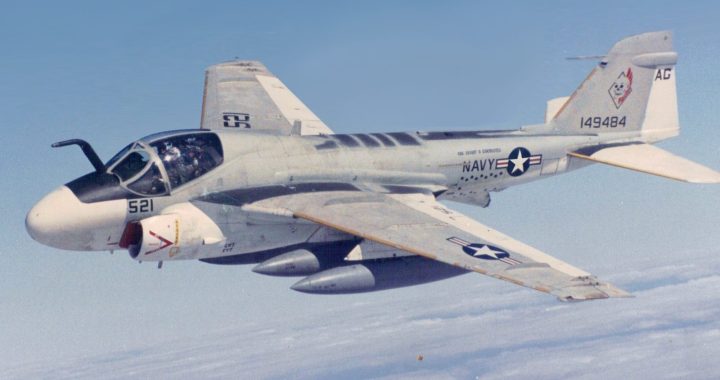Amazing facts about the Grumman A-6 Intruder
The Grumman A-6 Intruder is the jet fighter developed by the Grumman aircraft as their all-weather and a twin-jet attack aircraft. The aircraft was developed to serve both the US Navy the United States Marine Corps from years 1963 to 1997. This aircraft was developed by the Grumman in order to replace the previous piston … Continue reading Amazing facts about the Grumman A-6 Intruder
0 Comments
